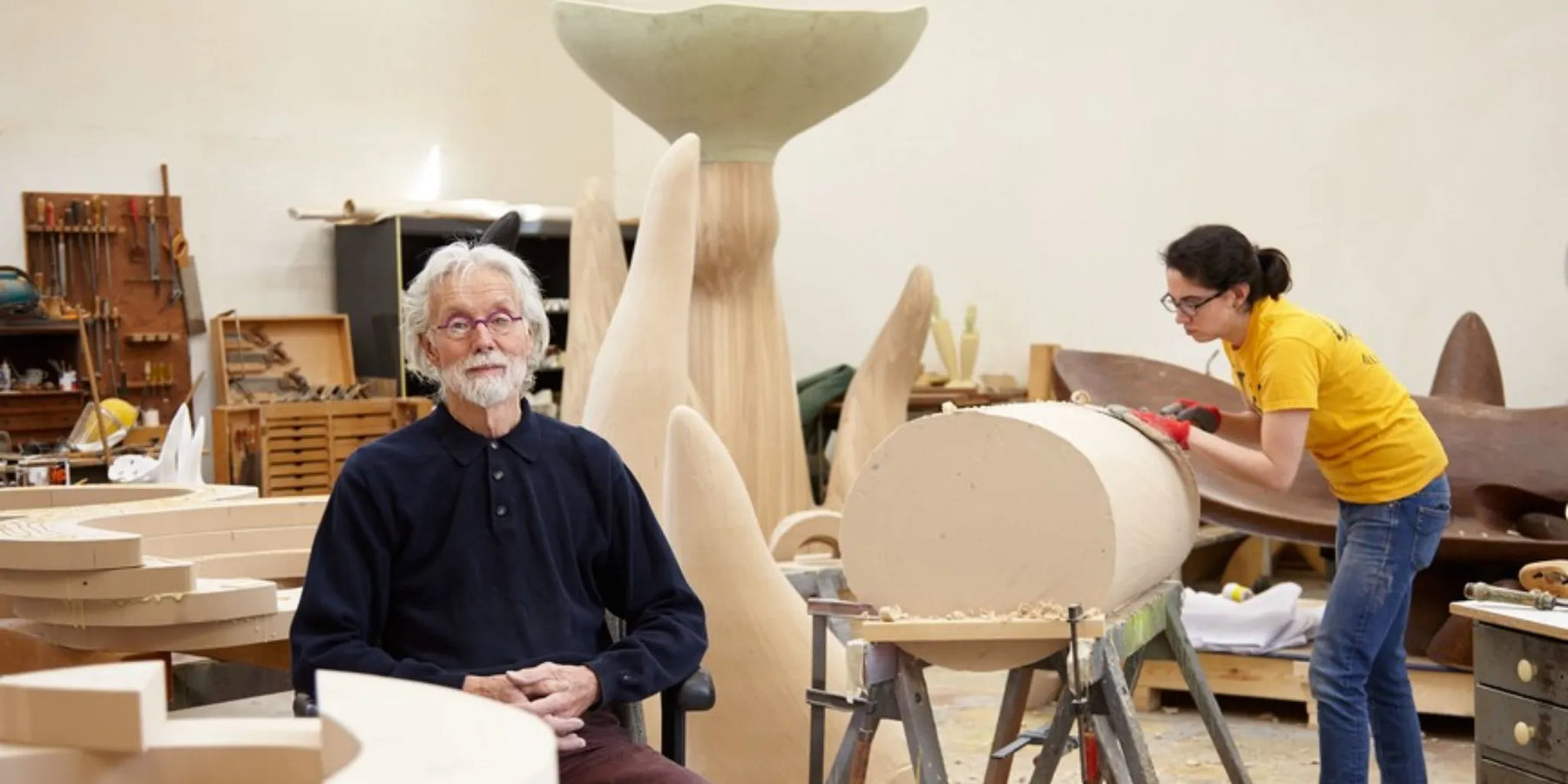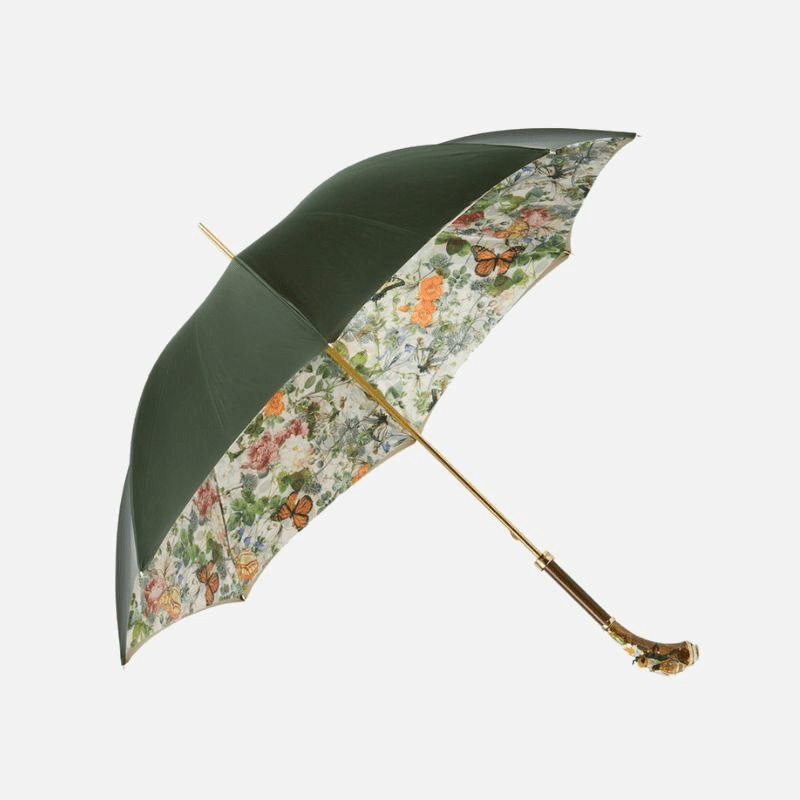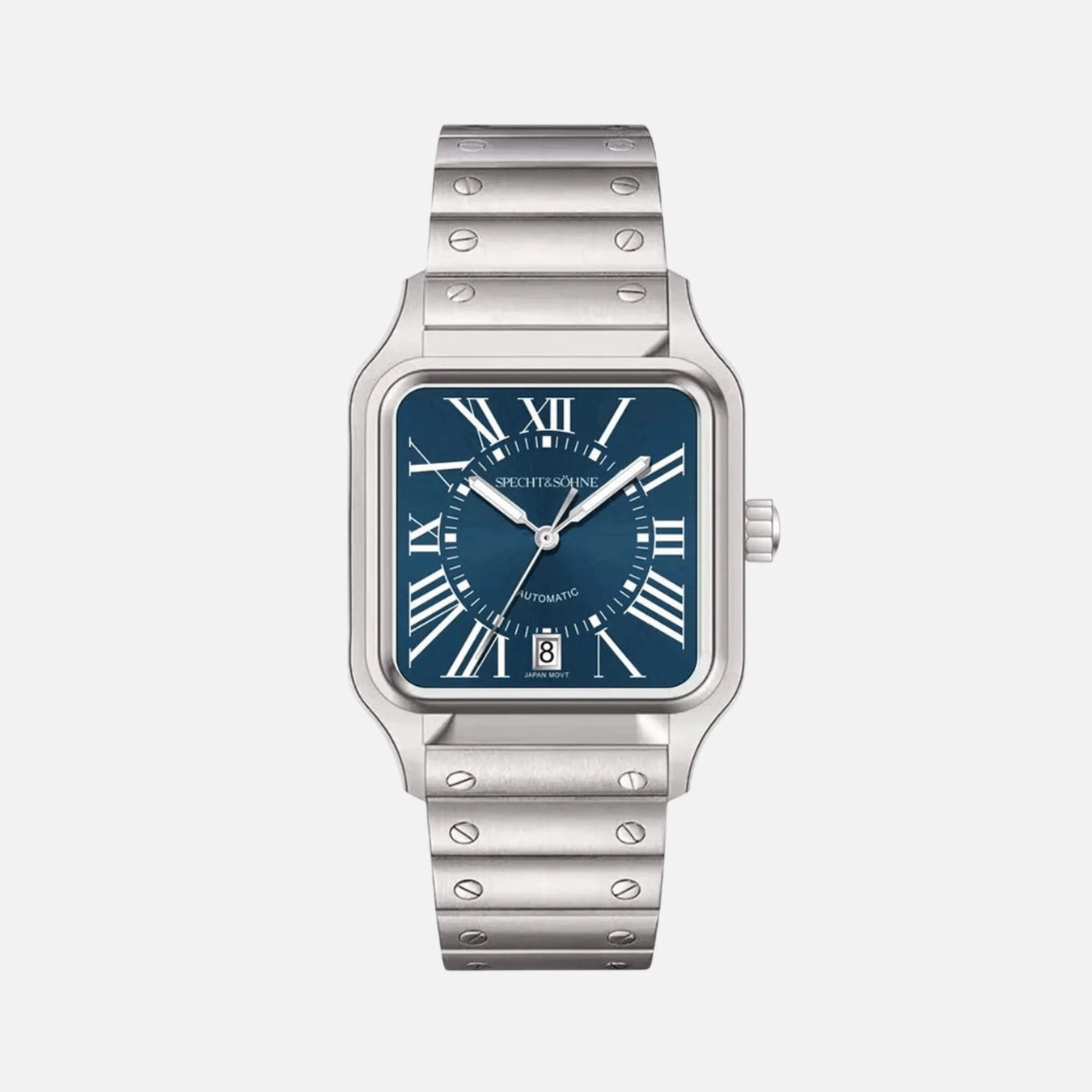
The Art of Handmade: Why Craftsmanship Matters in a Mass-Produced World
In today’s fast-paced, technology-driven world, mass production has become the standard for most industries. While it has brought convenience and affordability, there is a growing movement back to appreciating the beauty of handmade products. The art of craftsmanship is not just about making things by hand; it’s about preserving traditions, creating unique items, and investing in quality over quantity. Let’s dive into why craftsmanship matters in a mass-produced world and why handmade items are worth the investment.
The Art of Handmade: Why Craftsmanship Matters in a Mass-Produced World
1. Uniqueness and Personal Touch
One of the most compelling aspects of handmade products is their uniqueness. When you purchase a handcrafted item, you are getting something that no one else in the world owns. Each piece tells a story—of the artisan’s skill, creativity, and passion. Unlike mass-produced items that come off the assembly line in identical fashion, handmade products carry the imprint of their creator, making each piece one-of-a-kind.
2. Quality That Lasts
Handmade items are often of higher quality compared to mass-produced products. Artisans take the time to choose the best materials, pay attention to every detail, and ensure the product is built to last. Whether it's a leather handbag, a piece of furniture, or a decorative item, you’ll find that handcrafted items tend to age beautifully. Mass-produced items, on the other hand, are often made with cost-cutting materials that may wear out quickly or lose their appeal over time.

3. Sustainability and Ethical Practices
In a world increasingly concerned with sustainability, handmade products stand out for their eco-friendly nature. Craftsmanship usually involves small-scale production methods that produce minimal waste, reduce carbon footprints, and often use sustainable or recycled materials. Additionally, artisans tend to follow ethical practices, ensuring that workers are treated fairly and paid a living wage—a stark contrast to some of the labor practices seen in mass production.
4. Supporting Local Communities and Small Businesses
When you buy handmade, you're directly supporting local artisans and small businesses. Your purchase contributes to the livelihoods of these craftspeople and helps to sustain local economies. Many artisans use traditional techniques passed down through generations, so by supporting their work, you're also helping to preserve cultural heritage and skills that might otherwise be lost in a world dominated by machines.
5. Attention to Detail and Creativity
Craftsmanship is all about attention to detail. Artisans take pride in their work, often perfecting their skills over years or even decades. This dedication results in pieces that are not only functional but also works of art. The creativity involved in handmade products allows for customizations that reflect personal tastes and preferences, making these items all the more special.
6. Emotional Connection
There’s something deeply satisfying about owning or gifting a handmade product. It goes beyond the physical object—it’s about the experience, the thought, and the story behind it. Handmade items carry a sense of connection between the creator and the owner, which is often lost in mass-produced goods. Knowing that someone put their heart and soul into crafting an item just for you adds an emotional value that money can’t buy.
7. The Art of Slowing Down
Craftsmanship encourages us to slow down and appreciate the beauty of the process. In a world obsessed with speed and efficiency, handmade products remind us that good things take time. This art of slowing down is a form of mindfulness that helps us reconnect with the things that truly matter—quality, artistry, and the joy of creation.
Why Handmade Products Are Worth the Investment?
While mass-produced items might be cheaper, handmade products offer more value in the long run. They are often more durable, ethically produced, and imbued with a unique character that cannot be replicated. Investing in craftsmanship means investing in quality, creativity, and supporting a community of talented artisans who put their passion into every piece.
Final Thoughts: The Future of Craftsmanship
In the digital age, there’s a growing appreciation for all things handmade as people seek authenticity and a break from the cookie-cutter world of mass production. As consumers become more conscious of their purchasing choices, the demand for handcrafted items continues to rise. Embracing the art of handmade is not just a trend; it's a movement towards a more sustainable, mindful, and human-centered way of living.
Craftsmanship matters because it values quality over quantity, creativity over conformity, and sustainability over convenience. In a world where everything seems to be mass-produced, handmade products stand as a testament to the power of individuality and the enduring spirit of human creativity.
FAQs
-
Why are handmade products more expensive? Handmade products are often more expensive because they require more time, skill, and high-quality materials. The cost reflects the effort, artistry, and uniqueness of the item.
-
Are handmade products better for the environment? Yes, handmade products are usually more eco-friendly as they involve minimal waste, often use sustainable materials, and have a lower carbon footprint compared to mass-produced items.
-
How can I support local artisans? You can support local artisans by purchasing handmade items, spreading the word about their products, and participating in local craft fairs or artisan markets.
Handmade products are more than just items; they are a celebration of human creativity, skill, and dedication. In a mass-produced world, choosing craftsmanship is choosing to value quality, individuality, and sustainability.






